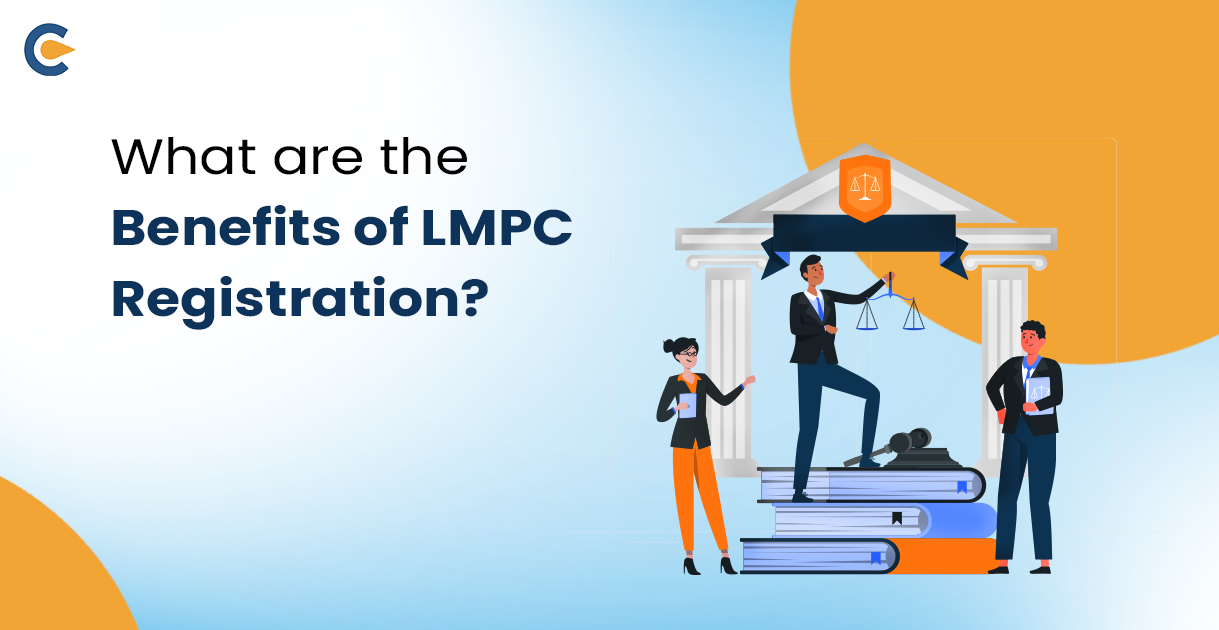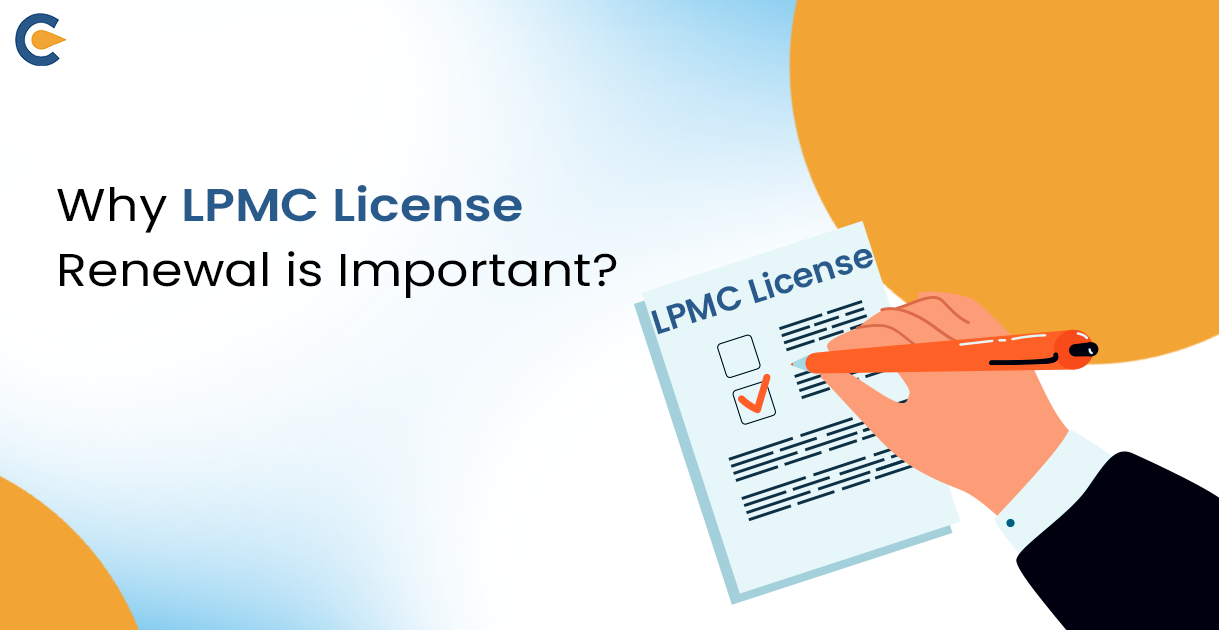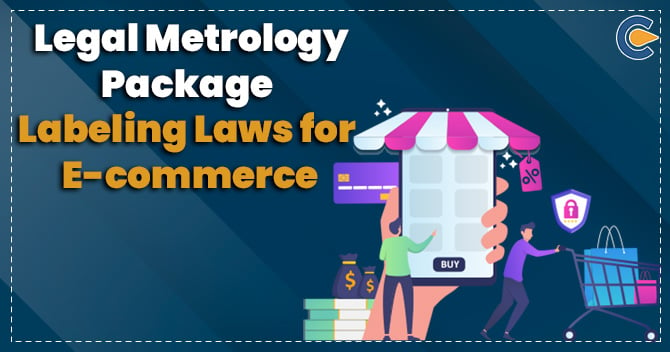The Government of India adopted the Legal Metrology Act to control weights and measures to guarantee precision and transparency in trade and business. It seeks to protect consumer interests by regulating trade activities related to weights and measures through the establishment and enforcement of measurement standards. The Registration under the Legal Metrology Act aims to combat unfair commercial practices, preserve measuring standardization, and boost consumer confidence in the marketplace. By preventing dishonest business practices and encouraging the use of precise measures and packing, it promotes fair trade. LMPC Registration ensures conformity with legal metrology requirements by enforcing fines for non-compliance through registration and enforcement processes. In the end, the act promotes transparency and consumer protection in several economic areas, resulting in a reliable and respectable marketplace.
Who needs LMPC registration?
Registration under the Legal Metrology Act is needed by many businesses in India who are dealing in pre-packaged food. It has been made mandatory by the government to have LMPC Registration for the following businesses –
- Manufacturers need a Legal Metrology Manufacturer License to manufacture any pre-packaged commodity. A Legal Metrology Manufacturer License is needed by the entities dealing in the production, packaging, procession, packaging, or labelling of goods.
- The importers of commodities in India need to get the Registration under the Legal Metrology Act if they are importing such packaged commodities in the country.
- If your only business is packaging and labelling, then you also need to have the LMPC registration and comply with all the Indian Legal Metrology Standards.
- The ones involved in the distribution or trading business also need to get the LMPC license.
However, the produce of the farm for personal use and pre-packaged commodities coming directly from the agricultural farm through their produce does not require an LMPC license.
Benefits of the Legal Metrology Act
There are many Benefits of the Legal Metrology Act, but it mainly benefits the consumers. These include –
Customer Satisfaction
For any business to flourish, customer satisfaction with their products is a must, and through the Metrology Act and the LMPC registration, the customers have faith in the vendors that the products would be of accurate weightage and that they are not getting cheated. The customers have belief in the regulations of the act that these vendors have to comply with while getting the license. It holds so much validity in the eyes of the customers, and hence, the government has made sure that these provisions are followed by every manufacturer, distributor, labeller, seller, or importer.
Avoids Legal Complications
One of the other benefits of the Legal Metrology Act is that it avoids the legal complications that the business might have to face in the absence of LMPC registration. While the registration gives assurance to the general public, it gives protection to the ones involved in pre-packaged commodity dealings. The act contains provisions that protect them from any legal issues faced in the commencement of business. They shouldn’t be involved in malicious activities and weight mismanagement, and apart from this, they are protected by the license. The use of standard weights and measurement systems avoids any possibility of mistakes in managing the quantity of the product, as mentioned in the packet, so there is no conflict between the customer and the dealer.
Less time consumption
Registration under the Legal Metrology Act reduces the total time consumed while preparing the product and packing it. Since the measurements and weights are standardized, they do not need too much monitoring for product accuracy. Fewer workers are needed, and the chances of mistakes are decreased considerably. It ensures the product details are listed in the outer covering of the packaging, helping the customers to get proper knowledge about the product and not waste the customer’s as well as the distributor’s time in asking for the details, quantity, and quality assurance of the product.
Reducing Errors
One of the other benefits of the LMPC registration is that it has considerably reduced the errors made during the production or measurement of the commodity. The digital scales, basic guidelines, and improved measurement systems help reduce manual errors and make it easier to manage with higher technical efficiency.
Business Reputation
If your business has the LMPC registration, the trust of the customer will increase in the products, which eventually will increase the product demand and business reputation. The business attains credibility in the market, ensuring the quality and quantity of the products sold are perfect. Market reputation holds a very key advantage to any business, and the LMPC registration provides that trust in the minds of the general public.
Standardization
With the introduction of the Legal Metrology Act in 2009, the use of weights and measuring devices has become consistent across the country, and the margin of error has decreased, thereby benefitting the customers in terms of the quantity of goods sold. This standardization in the measuring system has ensured that no manufacturer, distributor, labeller, or importer is involved in unfair trade practices, thereby securing the rights of the public at large.
Conclusion
LMPC registration holds much importance for a business involved in the packaging of goods to commence their activities in the country. The Legal Metrology Act has made an impact since its introduction in 2009, and now, it has become mandatory to acquire licensing for the benefit of businesses. It has made the use of weights, measures, and instruments more accurate, which has led to less legal compliance for businesses and reduced customer dissatisfaction with the products. The act promotes transparency and consumer protection in several economic areas, resulting in a reliable and respectable marketplace.
Corpbiz can help manufacturers, distributors, or importersget the LMPC registration done before the business commencement to help them market their products. The experienced professionals at our organization will help you get the desired documents and process them for license approval within the prescribed time limit.
Frequently Asked Questions
What does the Legal Metrology Act contain?
The Legal Metrology Act contains the following things –
· The preamble of the act
· Standards of weights and measures
· Trade and selling of measured and weighted goods
· Regulations guiding such acts across the countryWhat is the validity of the Legal Metrology Manufacturer License?
The validity of the Legal Metrology Manufacturer License is five years, and after that, it can be renewed by the applicant within three months of its expiry.
What is the aim of the Legal Metrology Act?
The Registration under the Legal Metrology Act aims to combat unfair trade practices, preserve measuring standardization, and boost consumer confidence in the marketplace. It seeks to protect consumer interests by regulating trade activities related to weights and measures through the establishment and enforcement of measurement standards.
What are the penalties for not complying with the Legal Metrology Act?
The penalties for not registering under the Legal Metrology Act may include fines of up to Rs 4,000. If the dealer is not using the standard measurement tools or standard units, then the fines can range between Rs 2,000 and Rs 4,000.In case of non-declaration, the penalties can go up to Rs 25,000, and on the second time, it may be up to Rs 50,000. On repeated actions, the penalties can go to Rs 1,00,000 and may include imprisonment as well.
Who is required to get an LMPC registration?
LMPC registration is required by –
· Importers of weights, weighting equipment, and packaged goods
· Packaged goods manufacturers
· Dealers of weights, weighting equipment, and packaged goods
· Packers of weights, weighting equipment, and packaged goods
· Sellers of weights, weighting equipment, and packaged goodsWhat are the laws that govern the weights, packaged goods, and labelling measurements in the country?
The law governing weights, packaged goods, and measures came recently in 2009 under the name Legal Metrology Act, making it mandatory for any individual or entity to get the LMPC registration done to carry on the business. Legal Metrology (Packaged Commodity) Rules also came later in 2011 to assist the cause.
What are the documents required to get an LMPC License?
The documents required to get an LMPC License are –
· Proof of Identity along with photographs
· Proof of Address and the PAN card
· Date of Birth proof
· Proof of possession (rent agreement, property papers, electricity/ water/ gas/ telephone bills, lease agreement, etc.)
· Registration number or certificate of business under applicable laws (LLP Act, 2008, The Companies Act, 2013, etc.)
· Compliance and non-conviction affidavit
· License of TradeWhich certifications or registrations are required to get an LMPC License?
The certifications or registrations required to get an LMPC License are –
For Manufacturers
· Factory Registration
· List of tools and machinery required on the premises
· Pollution Control Board should have given NOC
· Model Approval Certificate
For Dealers, Repairers, Sellers
· Certificate of Qualification
· Registration of shop
· Factory Registration
· List of tools and machinery required on the premisesHow much fee is required for LMPC registration?
The fee required to get the LMPC registration certificate is Rs 500 as per the LMPC rules, and if there is any change to be made in the registration, then the fee for these changes will account for Rs 100 per change.
Is it necessary for repairers of electronic weighing machines to have a specialised qualification?
Yes, if the work of these repairers involves any repair of electronic weighing machines, then they are required to have the qualification certificate.
Read Our Article: LMPC Inspection and Audit











